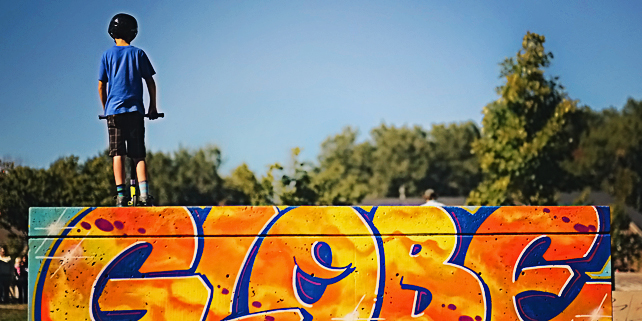Back in early 2018, Charles Armstrong’s company Armstrong Interactive filed for registration of the trademark “Double Dare”. His application indicated that he intends to use the mark for none other than “entertainment, namely, a continuing children’s show….”
As most will remember, Nickelodeon used to air a show where contestants, often a family, competed with other contestants to answer questions and complete challenges involving gunk, slime, and other odd substances. The winning family then had a chance to complete an obstacle course to win the grand prize. If this isn’t ringing any bells, then you may have had a rough childhood or one that happened too long ago.
Well, Armstrong Interactive hopes to bring back the messy gameshow. Viacom, the giant behind the show, is not taking kindly to Armstrong’s reboot. It probably didn’t help that Armstrong threatened them with trademark litigation.
Armstrong Interactive has not secured registration on the Double Dare trademark and Viacom is taking steps to make sure they never do. Viacom has not only opposed the registration before the Trademark Trial and Appeal Board, but Viacom actually filed suit.
Viacom’s lawsuit was filed in New York federal court, but was thrown out by the judge as being premature. In tossing the case, Judge Buchwald noted that Armstrong does not even have the trademark rights in Double Dare, which are cast into doubt given Viacom’s opposition. The judge also highlighted that there would not be “any significant harm” in making Viacom wait until an actual conflict occurred. Until the mark is registered, the litigation was “plainly premature.”
For those concerned about the fate of a Double Dare reboot, there is no reason to worry. The show was relaunched by Viacom back in 2018 on Nickelodeon. When it launched it quickly became the most-viewed series on children’s TV. Filming for season 2 wrapped up back in early March.
With that good news taken care of, Viacom’s approach is a reminder that an all-assault is not the best approach to resolving a dispute. Going overboard often leads to excessive costs will cause worse results than a contestant trying to find a flag in the nose-pick challenge.






